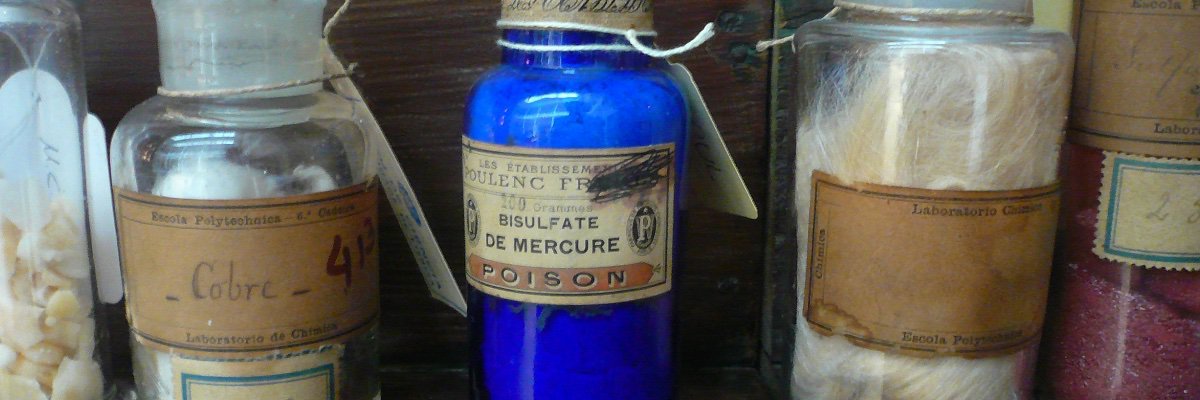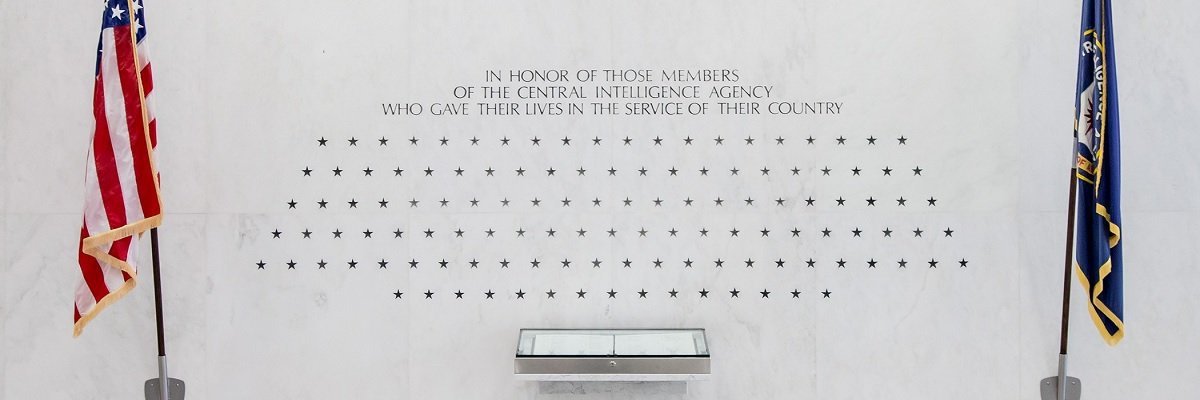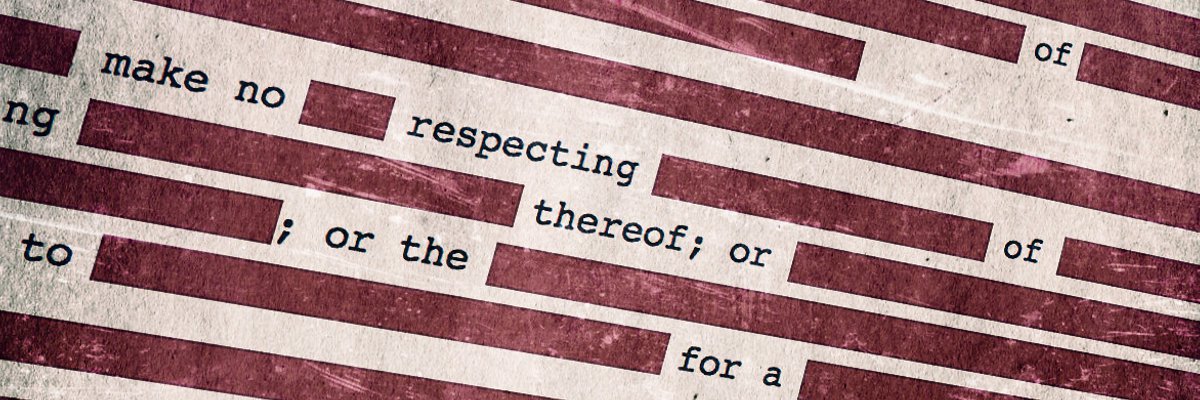It started as a bit of a FOIA troll: Requesting CIA’s documentation on how it uses poisons for covert assassinations was always a long shot. But the agency, which has a long, Congressionally-documented history of developing poison-based weaponry, did not even bother to search its records before rejecting the request wholesale:
That was 2015. Since then, things have snowballed, with potentially far-reaching consequences for the future of FOIA.
In 2017, MuckRock helped crowdfund filing fees and other out-of-pocket expenses for a lawsuit over the denial. Tomorrow, that case is being heard in federal appeals court in Washington, DC, with Kel McClanahan of National Security Counselors, who successfully helped MuckRock fight for the release of CREST database, delivering oral arguments.
You can listen live or after the fact through the court’s YouTube account:
At the heart of this case is a fundamental transparency issue: Can federal agencies claim they follow an internal FOIA policy when responding to pattern-or-practice litigation (where an agency is alleged to have a pattern of violating FOIA in a particular way, and which seeks to stop or alter that practice going forward), but then refuse to provide that policy?
In a previous ruling, after CIA claimed that it had changed its practice to render the case moot, the lower court ruled that CIA does not have to produce a copy of its current policy, essentially letting the CIA say “Just Trust Us” despite a long history of failing to actually search for requested documents.
If successful, this precedent could make it clear that federal agencies must follow the best evidence rule in FOIA lawsuits, and if they claim that they have a certain policy — as the CIA is now claiming they do — they must back that up with proof beyond a self-serving declaration cherry-picking the parts that help their case.
Such a ruling would be a big win for government transparency, particularly when it comes to pattern-or-practice lawsuits that too often devolve into agencies making declarations characterizing their policies in the rosiest possible terms despite the realities that requesters experience.
The stakes are high, but you can help. During the course of the lawsuit and appeal, National Security Counselors has already incurred thousands in costs such as filing expenses, so we’re asking you to chip in what you can to help defray their costs. Donations are tax deductible (both MuckRock and National Security Counselors are 501c3 non-profit entities).
Every little bit helps, and tune in Tuesday morning to listen to this important case live.
Cover image by Ricardo and licensed under Creative Commons




